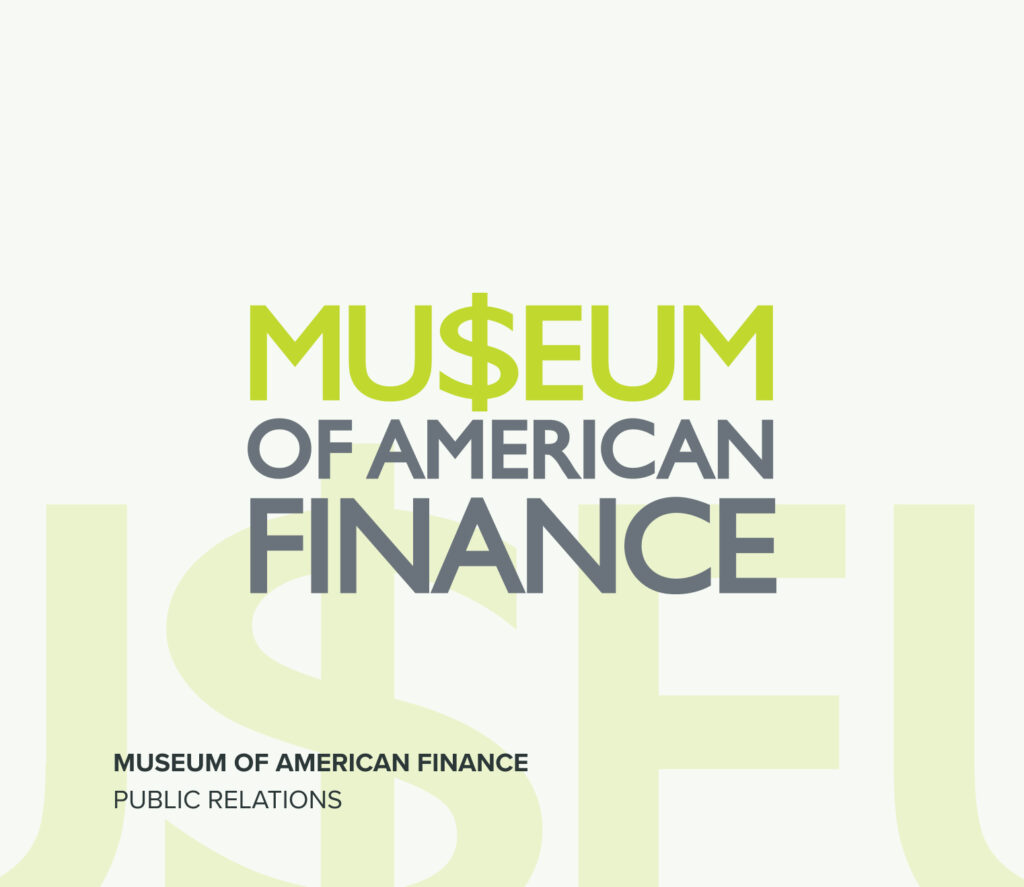4 Common Types of Financial Fraud & How to Avoid Them
Financial fraud can happen to anyone — from the swanky billionaire next door to the unassuming college freshman. In honor of International Fraud Awareness Week, which takes place every November, we’re going to talk about the four most common types of financial fraud and how you can protect yourself from them.
But First, What is International Fraud Week?
International Fraud Week, also known as Fraud Week, was started in 2000 by the Association of Certified Fraud Examiners (ACFE). It takes place every November when hundreds of organizations get together to spread fraud awareness to their companies and communities.
And the benefits of fraud week are huge! A 2020 Global Study on Occupational Fraud and Abuse found that when companies host anti-fraud training and awareness, fraud losses decrease by 38%!
So, without further adieu, here are four common types of fraud you should be aware of, along with tips on how to keep yourself protected.
1. Identity Theft
Identity theft is probably the first thing that comes to mind when you think of financial fraud. It happens when someone steals your personal information (such as credit card numbers, social security numbers, etc.), in order to make purchases, open new accounts, or commit crimes.
They may obtain your personal information illegally by convincing you to give it to them over the phone or email. Or, they may manage to get access to your mail and start intercepting bills, bank statements, checks, and more.
How To Protect Yourself
Here are some ways to protect yourself from identity theft:
- Don’t share any personal information with anyone unless you know they’re legitimate.
- Always shred your mail before throwing it out and be sure to stop getting physical mail at an old residence once you no longer live there.
- Check your credit report often to make sure nobody else is opening accounts in your name.
If you see activity on your credit report or bank account statements you don’t recognize, contact the authorities or financial institution involved immediately. Identity theft can take a while to clear up, so it’s important that you keep a close eye on any changes in your credit report.
2. Credit Card and Debit Card Fraud
Credit and debit card fraud happens when someone uses your card without your permission to make fraudulent purchases. Usually, there are three ways this can happen:
First, someone can steal your credit or debit card from your wallet. This is known as credit card theft, and is the most obvious form of fraud.
Second, someone can “skim” your card information using a device hidden inside an ATM, gas pump, or even a credit card reader (like one you’d swipe your card through at the grocery store). A scammer attaches this device over top of the real card reader and captures your information. Then, they come back later to retrieve the skimmer with the stolen data.
Lastly, credit and debit card fraud can happen through phishing, which occurs when someone sends you an official-looking email asking for your personal information. They often pretend to be a legitimate company and use emails and websites that look like the real thing. But they’re aiming to steal your credit card numbers, usernames, and passwords.
How To Protect Yourself
So, how can you protect yourself from credit or debit card fraud? Here are some tips:
- Inspect any credit card reader before you put in your card. If anything looks different, press the cancel button and walk away.
- If someone asks you for your credit card information, call the company or bank that issued your card and ask about it before sharing anything. If they’re asking via email, don’t click on any links or attachments.
- Whenever possible use your credit card, rather than debit cards that draw money directly from your bank account. This will give you protection under federal law if someone steals your information and racks up charges on your card.
- If you notice any charges on your credit card you didn’t make, contact the company who issued the card right away. They should be able to tell you what the charges were for and whether they’re legitimate or not.
3. Debt Collection Fraud
Debt collection fraud happens when a scammer calls you pretending to be an official, legitimate collections agency. The scammer will either try to trick you into giving them your bank account information so they can drain your account dry or scare you into thinking there’s a huge debt you need to pay right away. In some instances, they may even threaten to have you arrested or fired from your job if you do not comply with their requests immediately.
How To Protect Yourself
If someone calls you asking for personal information like your social security number or account information, or they ask you to wire them money, send them a prepaid card, or mail an envelope of cash, these may all be signs of debt collection fraud.
Always stand guard and do your research. If something doesn’t sound right, try googling the agency asking for payment. If you think it may be a fraud attempt, report them to the FTC immediately at reportfraud.ftc.gov.
4. Charity Scams
Some fraudsters will take advantage of your generosity by posing as a legitimate charity in order to get you to donate money. They may call, email, or write to you directly with an urgent appeal for help. They’ll typically have a name, emblem, or website similar to that of well-known charities so they seem legitimate. They may also set up bogus websites for collecting donations.
How To Protect Yourself
The only way to be sure you’re giving to a legitimate charity is to check that the charity is registered with an appropriate regulatory organization. You should also confirm details about where your money is going and how the organization will use it.
The Bottom Line
There are so many types of financial fraud out there, but the moral of the story is this: if something seems too good to be true, it probably is. Be vigilant in protecting your personal information and don’t give out anything unless it comes directly from a trusted source. Monitor your credit report often and contact authorities if anything looks suspicious — you never know who could be pulling off scams these days!
You can read more about International Fraud Awareness Week on the ACFE’s website here. Are there any types of financial fraud we left off the list? Let us know on Twitter.


